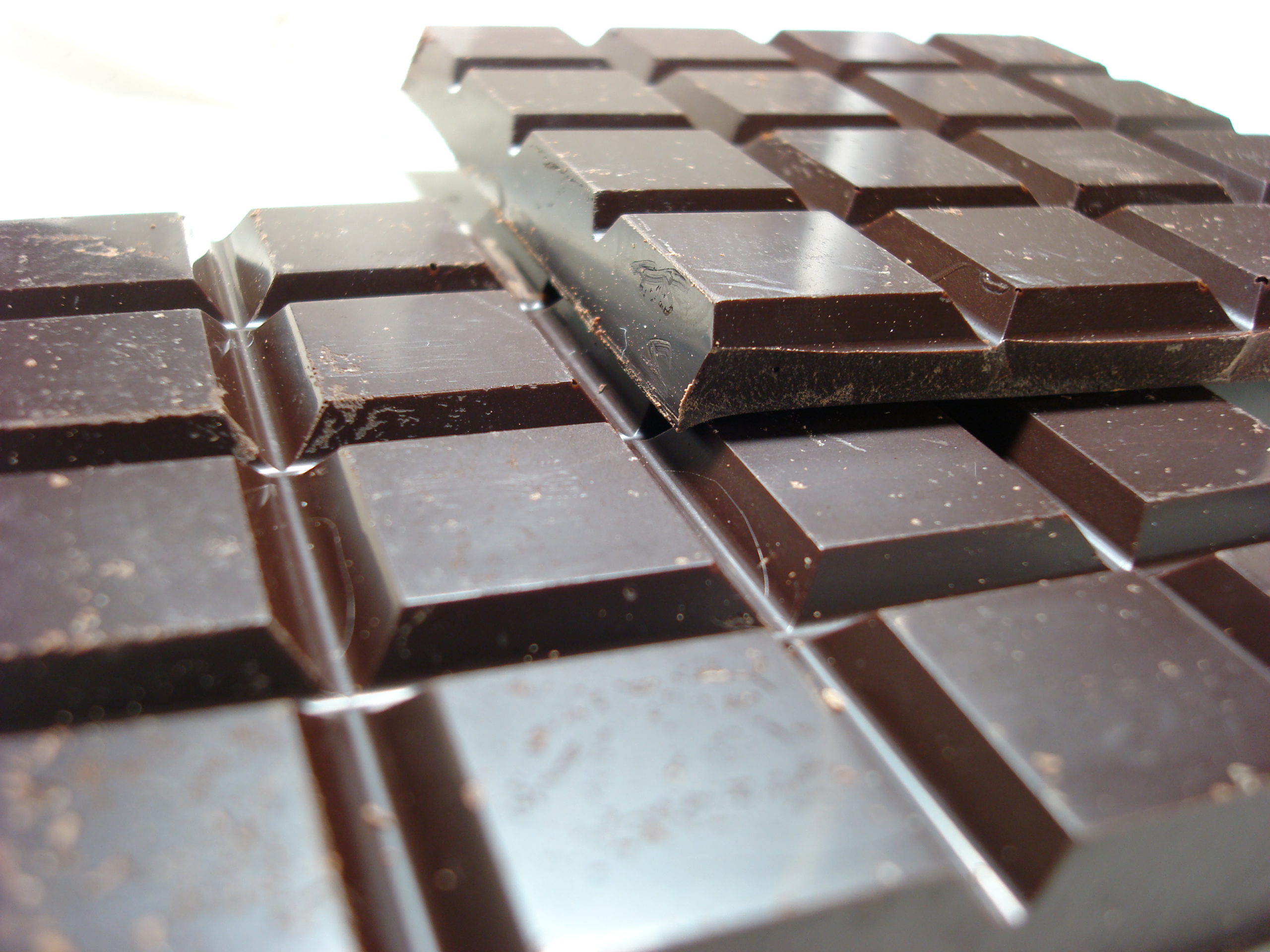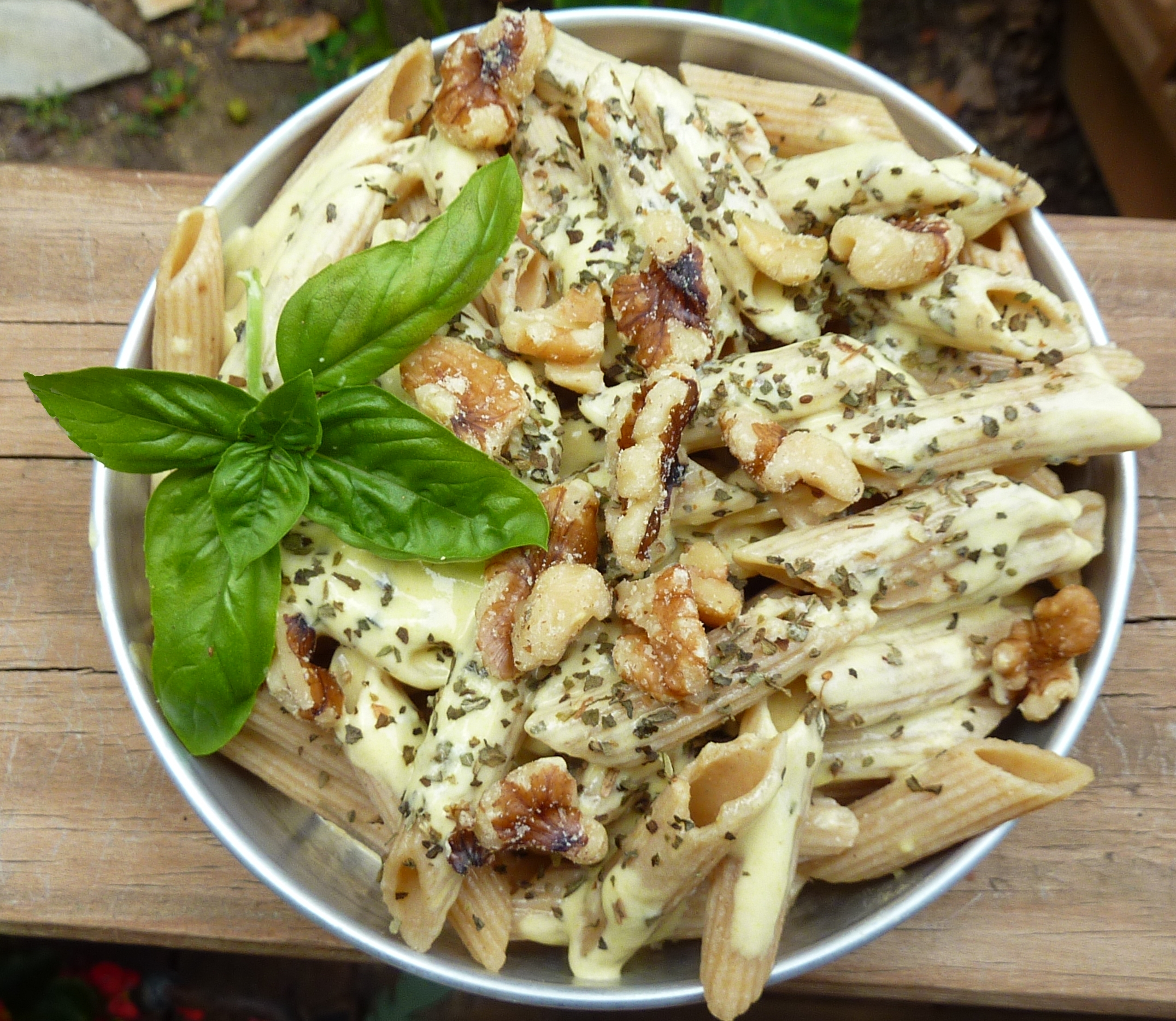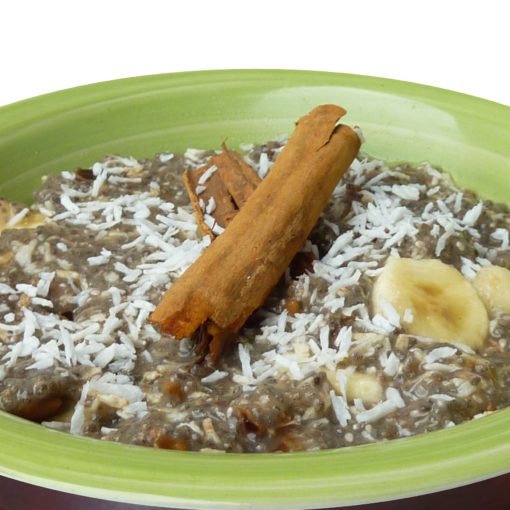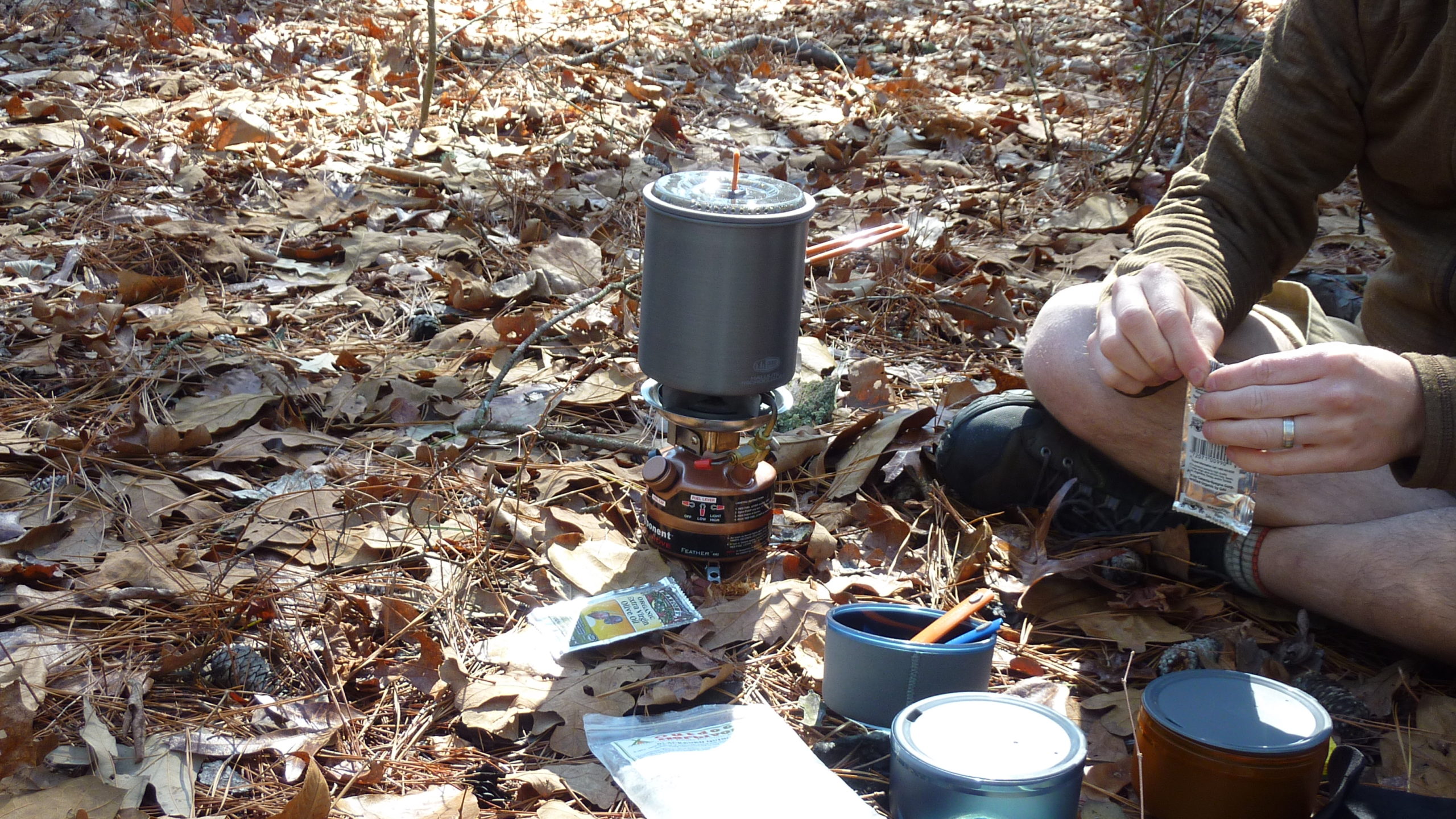What chocolate best stands up for backpacking? Not all chocolate is created equal. There is the junk food variety of chocolates and the pure, minimal ingredient chocolate sources. There is also white chocolate, which is not chocolate at all. Here we’ll compare the processing and nutritional details of the different types of chocolate.
Fat
Nuts are an important source of food for backpackers and athletes. Packed with protein and healthy fats, nuts promote a healthy immune system by restoring nutrients and calories that are lost through endurance activity. Nuts also make a delicious snack and provide a crunchy texture to otherwise mushy freeze-dried backpacking meals. When it comes to caloric density, nuts are king. After pure fats and oils, nuts are the richest source of calories in the foods we eat, averaging 600 calories per 100 grams (3.5 oz, about 1 cup). When trail food supplies are running low, nuts make the difference. Their […]
Coconut is harvested from the coconut palm tree, which flourishes in tropical climates such as the Philippines, Thailand, Mexico, and India. These trees also grow in South Florida on the U.S. mainland. Remarkably, coconuts have reached the shores of nearly every continent unassisted by human effort. They can drift in the ocean for up to three months, eventually washing up on sandy island beaches, where they can sprout into new trees that may produce up to ten thousand coconuts over their lifetime. This is why coconut palms are commonly found growing along island beaches. The water extracted from coconut is […]
For long-distance backpackers, the significance of consuming high-calorie vegetarian fats cannot be overstated. When traversing mountainous terrain, you can burn up to 5,000 calories daily. Since fat provides the highest calorie content by weight, hikers should increase their fat intake to compensate for these lost calories. However, it’s not just about energy. Fats also play crucial roles in insulating your body, supporting immunity and brain health, and aiding in the absorption of vitamins from the food you eat. They even help carry fat-soluble vitamins, including vitamins A, D, E, and K. It’s important to recognize that not all fats are […]
Olive oil is an excellent choice for backpacking. Not only is it healthy and high in calories—containing 120 calories per tablespoon—but it also has numerous non-cooking uses. You can use olive oil instead of butter to enhance the flavor of your meals and increase their calorie content. It works well in soups, pasta, rice, and bean dips. Just a teaspoon of olive oil can significantly improve the taste of dehydrated foods. Adding it before cooking can also help prevent foods, like powdered eggs, from sticking to the pan. Olive oil is delicious when used as a dip for pita or […]




